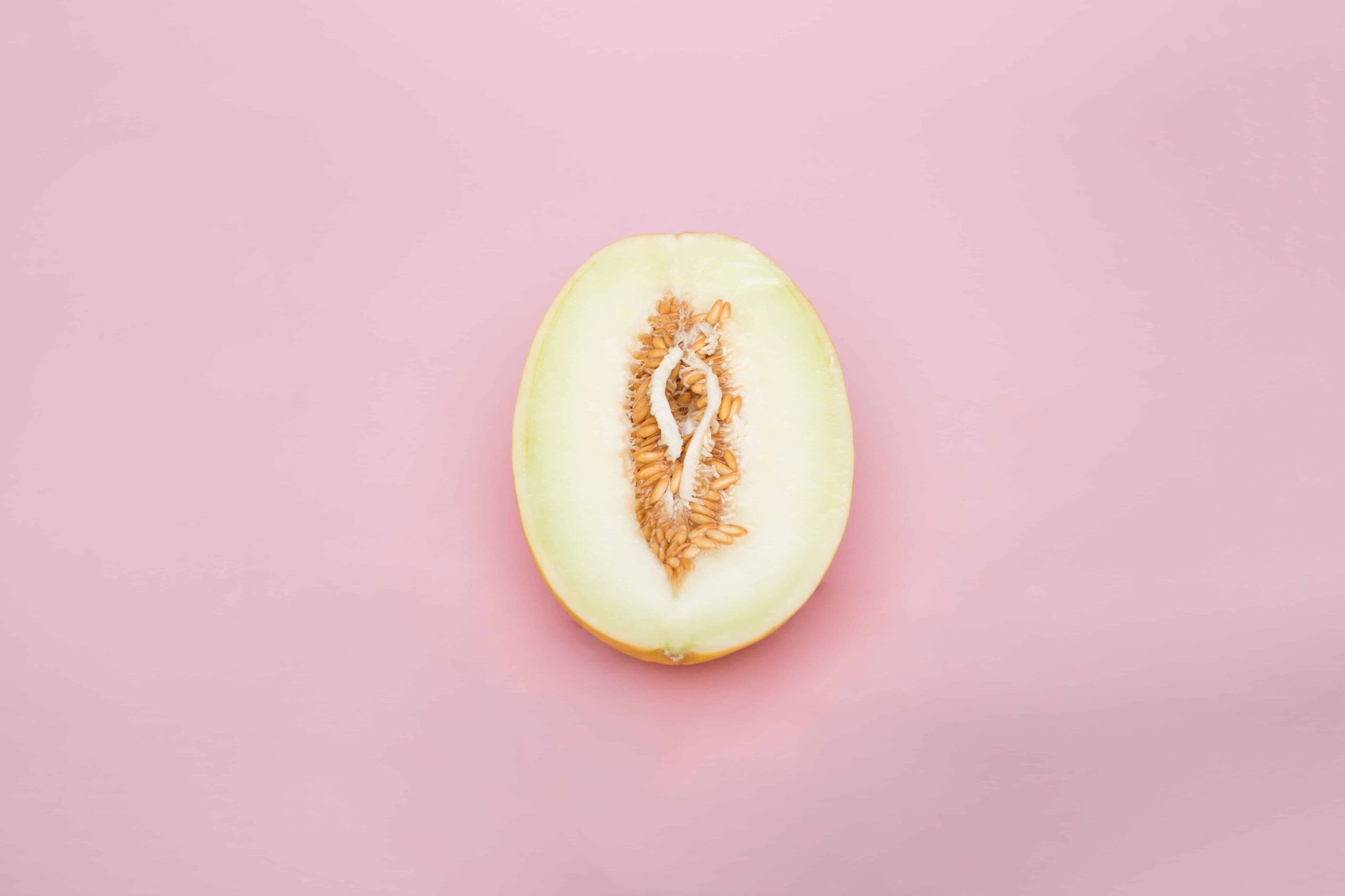Researchers, advocates and leaders convened last week ahead of the United Nations Commission on Population and Development to explore the continuing severe toll of the COVID-19 pandemic on gender equality and sexual and reproductive health around the world.
“COVID-19 has an unequal, compounding and devastating impact on the already most marginalized groups,” said Ambassador Pascale Grotenhuis of the Netherlands, which co-organized the event along with Canada, Mexico, South Africa, UNFPA and Rutgers University.
“It’s awful and disturbing to see the progress that we achieved by working jointly and by putting our actions and resources together over decades is threatened to be reversed.”
Findings from experts in the UN, academia, civil society, government ministries and other partners showed widespread losses in access to sexual and reproductive health information and services and increased concerns over gender-based violence.
Findings paint stark picture
Since the outset of the pandemic, UNFPA has been projecting that the crisis could seriously curtail access to life-saving sexual and reproductive health services, including family planning. Additionally, lockdowns and economic disruptions were expected to greatly increase the incidence of gender-based violence and harmful practices like child marriage and female genital mutilation.
“We are at this stage where countries now have hard evidence” of such disruptions, said Dr. Julitta Onabanjo, the UNFPA Regional Director in East and Southern Africa, who presented results from a UN study led by UNFPA and UN Women showing serious income losses across the region. Growing economic insecurity and related vulnerabilities are undermining efforts to secure gender equality, the study finds.
Aliza Singh, a programme coordinator for Beyond Beijing Committee Nepal, announced findings from a Rutgers-led survey of nearly 2,700 young people across Ghana, Indonesia, Kenya, Nepal, Uganda and Zimbabwe. “More than a third of young people felt more vulnerable to harassment, sexual physical emotional or financial abuse than before COVID-19. One third of young people were not able to access family planning services they needed,” she explained.
“The closure of schools hindered access to comprehensive sexuality education,” added Brian Ssekajja, a peer educator at Reproductive Health Uganda. “Young people got HIV, STIs, contracted diseases.”
With firm data now increasingly available, Dr. Onabanjo said, it is time to “begin to shift into policies and programmes and what needs to be done.”
Women and girls take the brunt
Women and girls face a disproportionate burden, the panellists explained.
“Today with the pandemic, we have seen a peak in maternal mortality,” noted Dr. Karla Berdichevsky, General Director of the National Centre for Gender Equality and Reproductive Health in Mexico. “We are observing that these maternal mortalities are being caused by a lack of access to services.”
Girls also spoke about worsening access to menstrual hygiene information and supplies because of economic stresses, mobility restrictions and school closures. In some cases, “parents decided to withhold provision of certain commodities to their girls like sanitary pads so as to get other essential items like food,” Mr. Ssekajja reported, echoing findings Ms. Singh reported from Nepal.
School closures have also led to less access to information about sexual and reproductive health. As a result, “we reported a number of teenage pregnancies and unwanted pregnancies, child marriages,” Mr. Ssekajja said. The school closures and economic insecurity also “exposed a lot of girls to sexual activity and sexual violence from opportunists.”
“The statistics before COVID were already bleak,” Ambassador Grotenhuis reminded participants. “It’s shocking that only half of women are able to take essential decisions about their own body,” she said, referring to data from the recently launched State of World Population report.
“We were already in an era of incredible pushback against gender equality, sexual and reproductive health and rights and bodily autonomy… The COVID pandemic showed us that we really have to act now.”
“COVID is indeed a crisis with a woman’s face,” UNFPA Executive Director Dr. Natalia Kanem reiterated at the Commission’s opening. “We see an upsurge in gender-based violence, in child marriage, in adolescent pregnancy, and as barriers are thrown up to the normal, protective sexual and reproductive health services.”
She urged Member States and partners to prioritize the rights of women and girls. “We must show the world that this time, nourishing the aspirations of women, girls — and indeed, everyone — will not escape our grasp.”






